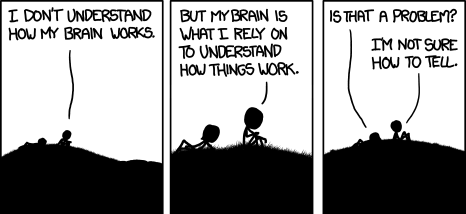
Electron micrograph of H. pylori bacterium, with flagella clearly visible. Image by Yutaka Tsutsumi.
.
First, some clarification. We’ll start with what Intelligent Design is not:
Christian doctrine teaches that the universe, life, and human beings are created by God. That is, Creation was a deliberate act. Also, God is omniscient and omnipotent, and chose to exercise creation in a particular way. This is not the definition of Intelligent Design.
The teleological argument refers to a philosophical argument for the existence of God based on apparent design and purpose in the world around us. The universe and our place in it appear to be purposeful, and a purposeful creation suggests a purposeful Creator. Variations on this line of thinking can be traced back to before Plato, and it also features in the work of St Thomas Aquinas as one of his rational arguments for God’s existence. This is also not the definition of Intelligent Design.
So what is it?

